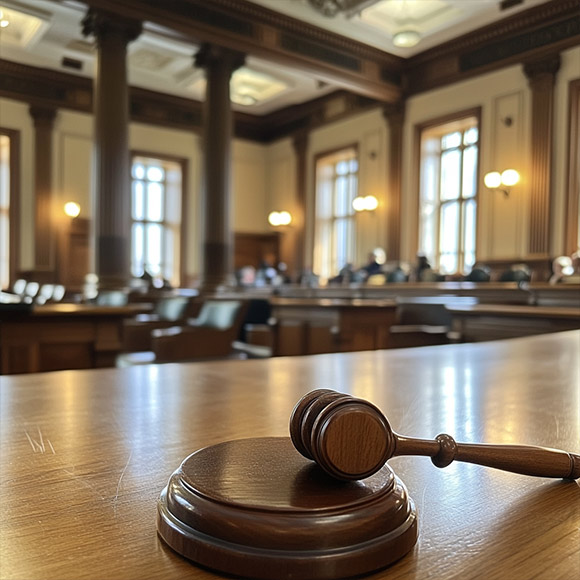Questions and answers about Charity and Nonprofit Law
I want to move to Ireland permanently. What is the process for applying for a visa, and what are the requirements?
I’m considering starting a small business in Cork. What are the legal steps involved in registering my business?
If I inherit property or money, am I required to pay inheritance tax in Ireland? How much can I inherit before I need to pay tax?
If you’ve been asked to come to the Garda station, you may feel uncertain about your rights and what steps to take. What should you do next to protect yourself legally?
I’ve recently lost my job. Am I entitled to any benefits or financial support from the government in Ireland?
If I am injured in an accident, how do I file a personal injury claim in Ireland, and what should I expect during the process?
If I want to protect my business name, how do I register a trademark in Ireland?
I’m renting an apartment in Dublin. What are my rights in terms of repairs, rent increases, and eviction?
Recent articles
Select the city below to get to the lawyers on this topic.:
Service catalog
People also ask:
The best lawyers in Cork
We have compiled a list of the best lawyers in Cork with full information. Prices, reviews, phone number, and address.
Lawyer reviews in Cork
Our service has genuine reviews about lawyers, we do not delete negative reviews, and there is no way to manipulate them.
How much does a lawyer consultation cost in Cork?
The cost of a lawyer consultation in Cork starts from 90 EUR and can increase depending on the complexity of the issue and the form of the response.
Is it possible to receive legal services in Cork for free?
First, clearly and concisely formulate your question and try to ask it. If it is not too complex and can be answered quickly, lawyers often provide responses for free. However, the lawyer reserves the right to determine the consultation fee.
Where to find a good lawyer in Cork?
You can do this on the Irish lawyer search service Advocate-ie.com completely free of charge. It’s important to know that the convenient search and contact with a specialist are free, but the consultation and services provided by the specialists may be paid.
How much does it cost to hire a lawyer in Cork?
The cost of legal services is determined by the scope of work and the complexity of the case. On average, lawyer services start at 90 EUR. Choose candidates based on ratings and reviews. Many have examples of completed work!
What is the difference between a lawyer and an attorney?
An attorney can handle cases in criminal proceedings. The field of activity for a lawyer is more limited compared to that of an attorney. Lawyers primarily specialize in civil cases, such as labor disputes, debt recovery, contract preparation, housing and land disputes, etc.
When should you consult a lawyer?
When should you consult a lawyer? People typically decide to consult a lawyer when they are facing complex difficulties. Professional legal help in Cork is often sought when a case is already in court or another institution and things are not going as expected. Or even worse, the case has already been lost. Therefore, we advise not to delay seeking help and to solve the problem early on.
What is included in a legal consultation?
A consultation on legal conduct includes the analysis of situations and recommendations from a lawyer on possible actions. Two types of consultations are defined: legal consultation and written consultation (legal opinion). The type of assistance depends on the situation and the client’s preference.

















